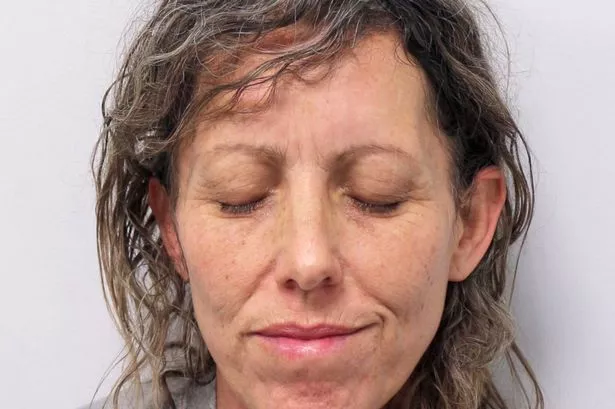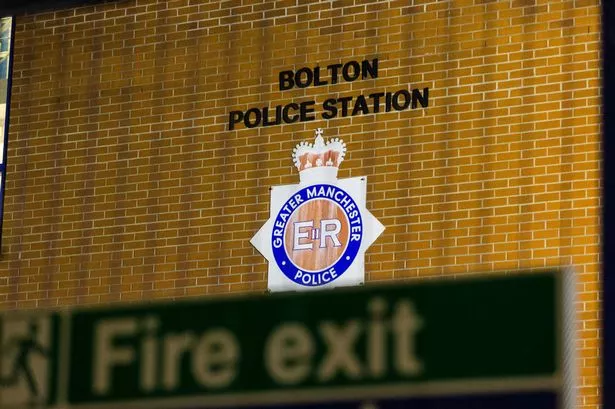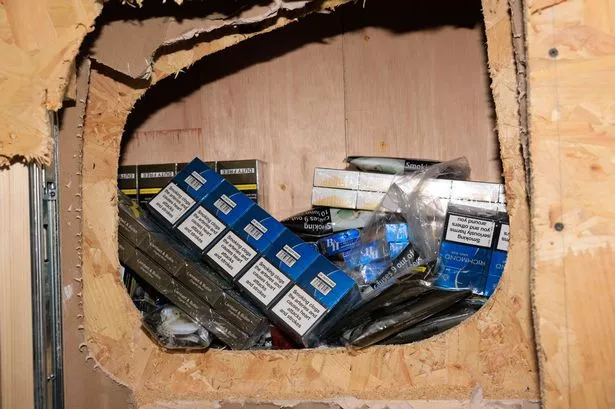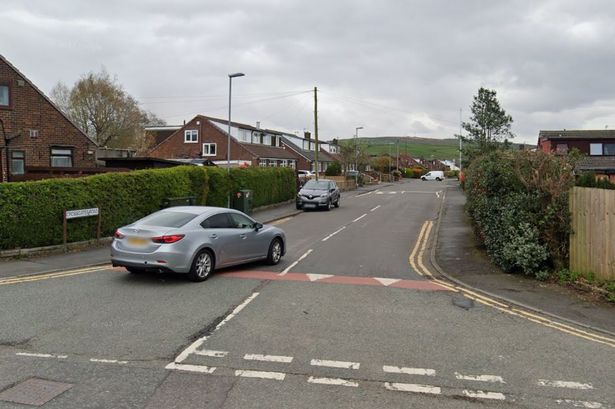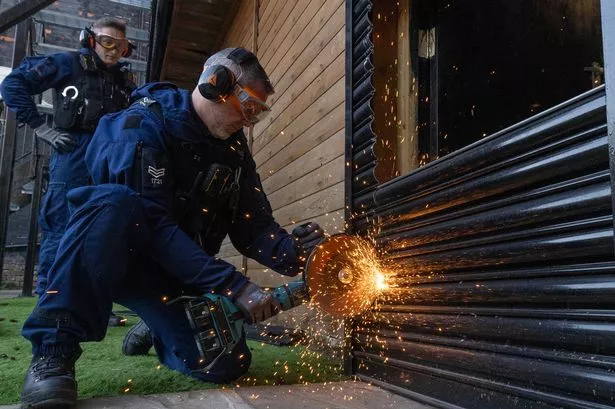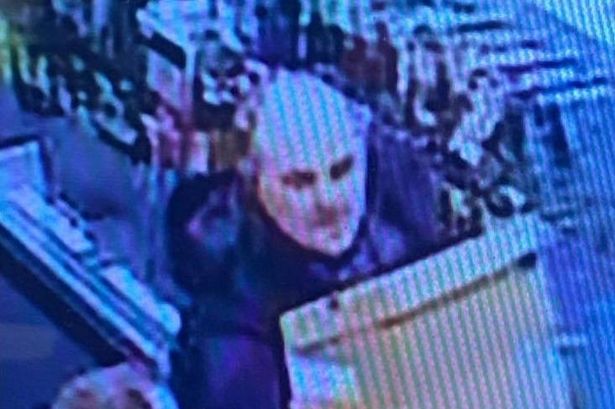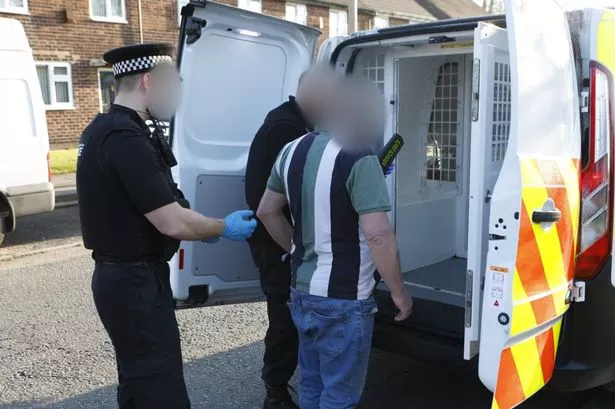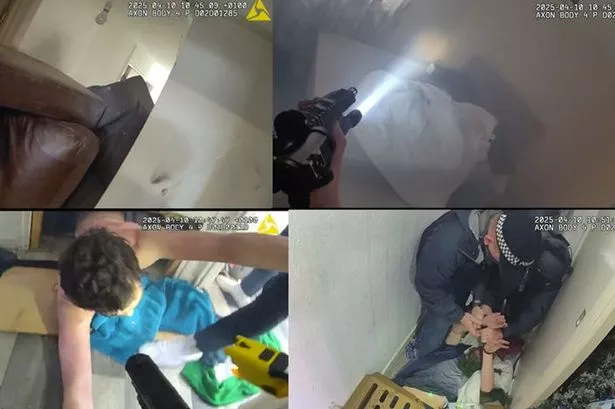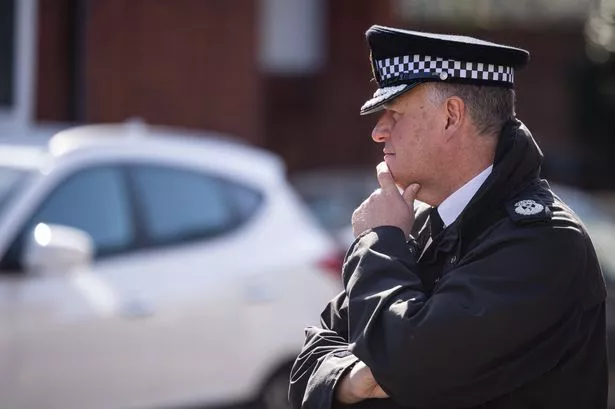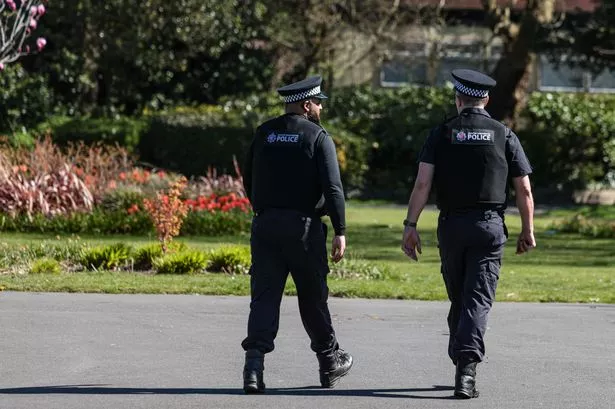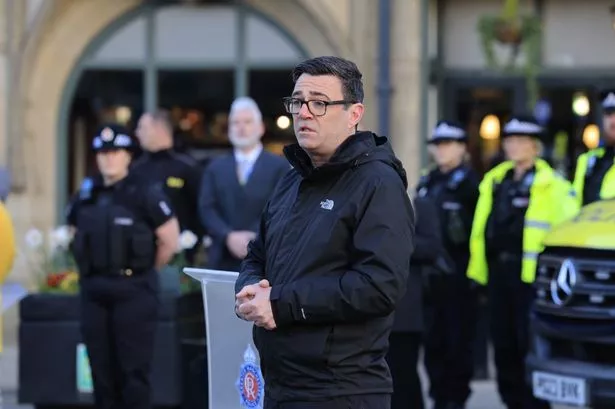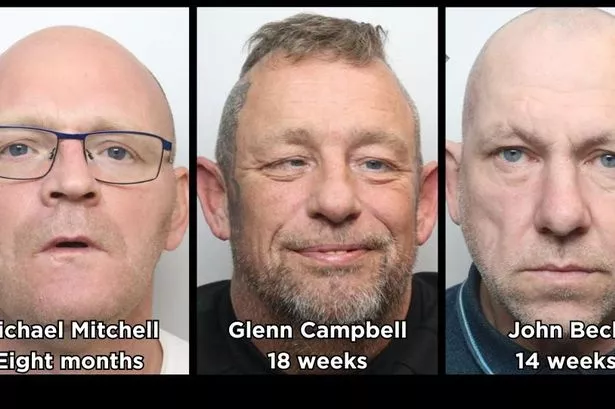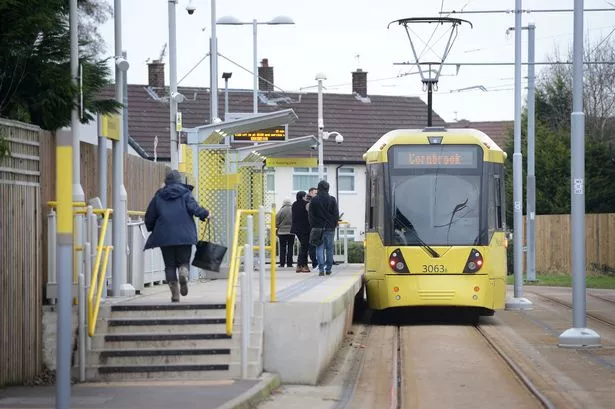Shop Work Challenges: Insights from a Co-op Manager's Perspective
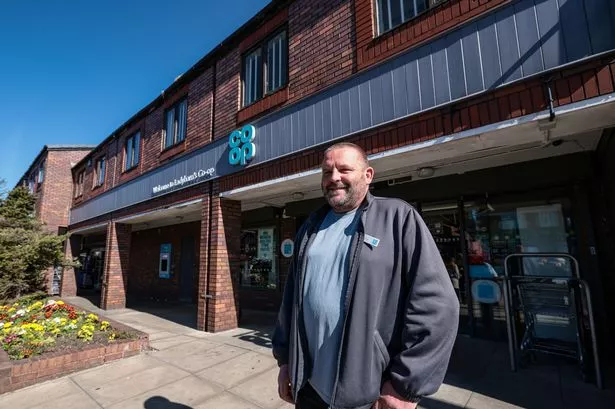
Insight into the Perils of Shop Work: A Convenience Store Manager's Experience

Darryl Stuart-Cole, the store manager at the Ladybarn Co-op on Mauldeth Road, reflects on his nearly 35 years in retail, stating, "I must have had a gun pointed at me a dozen times over the years." His casual recounting of these terrifying experiences underscores their gravity, particularly when shares how he was accosted while walking with his wife due to his job.
In his career, Darryl has been a victim of multiple armed robberies, with one harrowing experience in the late 1990s where a gun was held just millimeters from his head. He describes this moment as "very frightening, very surreal," not just for him, but for those who care about him.
Darryl has also faced physical assaults—one incident involved a gun shoved into his stomach, and another saw a bottle smashed over his head. 20 years ago, while walking with his family in Trafford, he was recognized by locals as the Co-op manager and subsequently tackled to the ground.
These disturbing experiences reveal the challenges faced by shop workers. Darryl states, "We come to work to do a job, we don't come to work to be threatened." Despite a perceived decrease in threats, he acknowledges the risks, recently facing a shoplifter who threatened violence.
In addition to armed robbery, shoplifting remains a persistent problem, which Darryl describes as "getting out of hand." He reports weekly incidents ranging from 20 to 30, primarily attributed to a small group of "prolific offenders."

The Co-op advises its staff to avoid confrontation with shoplifters and to retreat. They utilize high-quality CCTV and body cameras for employee safety. Darryl stresses the importance of ensuring that staff do not feel intimidated or harmed.
Darryl insists that shoplifting is not a "victimless crime," emphasizing the impact it has on business sustainability and morale. "It's frustrating to see people walk out with goods they haven't paid for," he remarks, highlighting the unfairness in the retail sector.
The Co-op sees itself as part of a broader narrative, with Darryl commenting, "It's not just a Co-op issue; all retail outlets are suffering." He notes that criminals exploit the lack of policing engagement, thinking they can evade consequences.
To combat these issues, Darryl acknowledges a positive change in the cooperation between the Co-op and local police, referring to it as a "big difference" in recent months. Prime Minister Sir Keir Starmer has indicated that funding for new officers will enhance police presence, directly benefiting communities facing crime challenges.
Greater Manchester Police (GMP) have adopted a new approach to neighborhood policing, with improved data analysis to identify crime hot spots and target repeat offenders. This has led to the apprehension of around 100 shoplifters weekly.
During Darryl's five months in management, he has noted an increase in police interaction and responsiveness to incidents reported by the store. "Every incident I've logged since we've been here, the police have attended," he states. This proactivity contrasts with previous experiences, illustrating a more engaged law enforcement response.
Chief Inspector Stephen Warriner of GMP's neighbourhood policing dismisses the idea that rising shoplifting rates stem from the cost-of-living crisis, asserting that the problem has been ongoing. He cites improved relationships with businesses as a factor in reporting crime rates, acknowledging the progress made in restoring trust between businesses and the police.
In the last year, GMP has pressed charges in 238 shoplifting cases, arrested 33 prolific offenders, and secured 15 custodial sentences. They have also initiated nine criminal behaviour orders to restrict repeat offenders from specific areas, improving community safety.
Ch Insp Warriner affirms these measures are crucial in combating rampant shoplifting, providing essential tools for managing repeat offences effectively.





